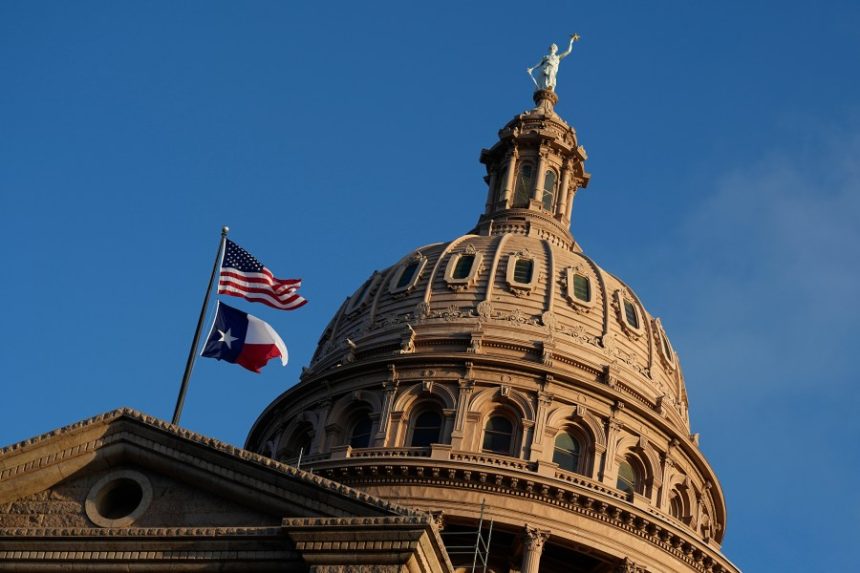TEXAS (KTAL/KMSS) — On November 4, 2025, 17 constitutional amendments are on the ballot for Texas voters. Our ongoing series will explain what the amendments say, what they mean, why they are on the ballot, and the arguments for and against their passage.
This is not meant to be a comprehensive breakdown of these amendments; rather, it is an overview of the basics.
Texas Proposition 4: Funding the future of water infrastructure
Overview
“The constitutional amendment authorizing the legislature to increase the amount of the exemption from ad valorem taxation by a school district of the market value of the residence homestead of a person who is elderly or disabled.”
Proposition 6: No taxes on stock trading, securities market
What it means
Proposition 11 would allow the state to raise a homestead exemption that discounts school taxes for elderly or disabled homeowners.
The proposition would raise the exempt amount from $10,000 to $60,000. There is also another homestead exemption broadly available to Texans that lawmakers want to increase to $140,000 (Proposition 13).
All told, $200,000 of the home value of elderly and disabled Texans would be exempt from school taxes.
Texas Proposition 7: Tax break for veterans’ widows
Why is it on the ballot?
Texas currently has a budget surplus. The Legislature is currently trying to distribute that surplus back to taxpayers.
Supporters say
Many people who qualify for this exemption live on a fixed income and can use the money for medical expenses.
Keeping seniors in their homes is valuable and contributes to neighborhood stability.
The amendment would provide simple, understandable tax relief.
The state would make up for the lost revenue; therefore, school districts would not experience a loss of funding.
Texas Proposition 5: Tax exemption for animal feed inventory
Opponents say
The legislature has cut property taxes repeatedly in recent years, making this cut unnecessary.
A temporary surplus in revenue may not be available in the future.
Tax relief should benefit more people. Narrowing it to homeowners over 65, leaving out renters and benefiting older people who are not low-income.
There are policies in place that allow individuals over 65 to remain in their homes when they are unable to pay property taxes.
A fiscal note from the state’s Legislative Budget Board projects the bill to cost the state $1.2 billion over the next two fiscal years, with annual costs exceeding $477 million thereafter.
The proposition shifts the tax burden to younger citizens and requires more state spending.
Copyright 2025 Nexstar Media, Inc. All rights reserved. This material may not be published, broadcast, rewritten, or redistributed.
For the latest news, weather, sports, and streaming video, head to KTALnews.com.









